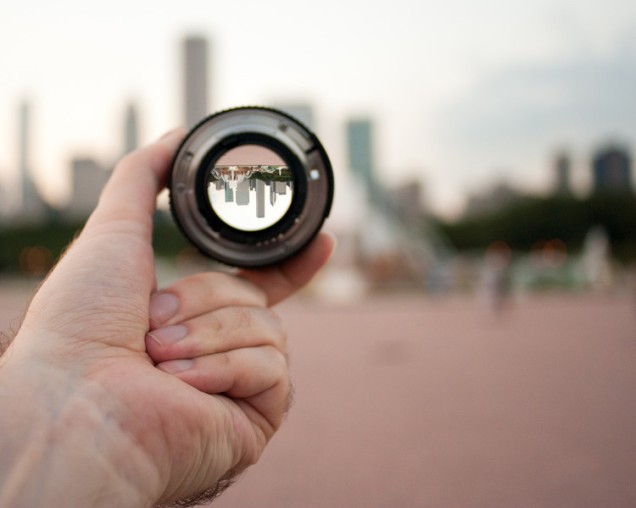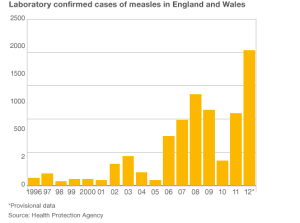
The many stories yesterday featuring Olympians appearing with cupping marks on their skin have brought renewed attention to pseudoscience in sports. Cupping, which involves putting a hot jar onto the skin, forming a suction that “draws out” toxins or unblocks energy meridians or something like that, might seem like a relatively benign form of pseudoscience, but it can be quite harmful. Orac has a great post (complete with a gruesome photo) describing the harms of this particular practice:
Cupping is nothing more than an ancient medical practice based on a prescientific understanding of the body and disease, much like bloodletting and treatments based on the four humors. As the case of Lin Lin shows, it’s all risk for no benefit. It has no place in modern medicine, or at least shouldn’t.
I’m completely unsurprised to find that pseudoscience is common among the elite athletes competing in the Olympics. I’ve seen similar things rampant in the combat sports world as well.
Over the course of my martial arts career, I’ve had the opportunity to train with many extraordinary MMA fighters. What I observed in these elite professional fighters–most of them either competing in the UFC, or well on their way to it–was a razor-sharp focus on doing whatever it took to improve. This meant grueling eight hour training days, and equally grueling recovery practices to allow them to sustain that level of activity. The recovery practices included ice baths, contrast showers, yoga, expensive massages and bodywork, and a whole host of alternative medical treatments including acupuncture, energy work, and dubious supplements. And behind nearly every fighter, there’s usually at least one chiropractor lurking around in background.
[My interactions with these MMA chiropractors are so similar that they almost follow a script. He (and it’s always a he) invariably introduces himself as “Dr. First Name”, even in casual social situations, and tries to impress his listeners by boasting about how many important clients he has.]

This story gets at the psychological aspects of why elite athletes pursue useless–and sometimes even harmful–alternative practices. What I’ve observed among fighters is this exact mentality. Magical thinking has long been endemic to martial arts, and there are few voices in the community who challenge these ideas, particularly when they’re promoted by influential teachers and coaches. Competitive martial artists, like MMA fighters, are so determined to do anything it takes to give themselves the extra edge that they are especially likely to listen to anyone who promises them a benefit to training, to recovery, to mental conditioning. Another important motivation is the money that fighters can make through sponserships from alt med practitioners and supplement manufacturers. These athletes make so little money from fight contracts that they can’t afford to turn down any source of additional revenue. This makes them vulnerable to all kinds of practices that are ‘desperately implausible’ , as the formidable enemy of pseudoscience David Colquhoun characterizes them.
If I sound angry here, it’s because I am. I see these quacks taking large fees from vulnerable fighters who can’t afford them…. but are convinced that they can’t afford not to pursue any possible advantage. I’ve seen creepy alt med sponsors lurking around events and attaching themselves to athletes as if they were coaches. I’ve seen more than one person in the MMA world injured by pseudoscientific ‘treatments’, and more than one athletic career ruined by supplements. This exploitation makes me furious.
I hope that as more attention is focused on pseudoscience in the Olympics, more attention will also be paid to these issues in MMA, and the work of people who are trying to push back against the BS in the community, like Rosi Sexton, and Jeff Westfall.

